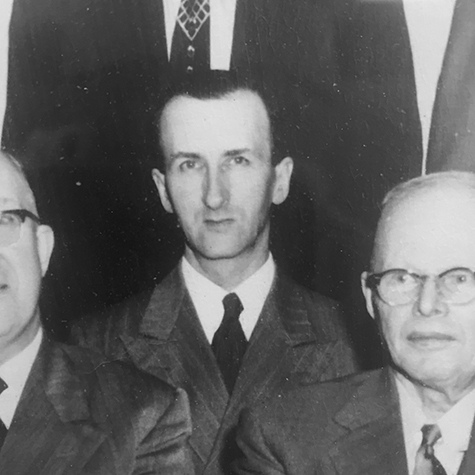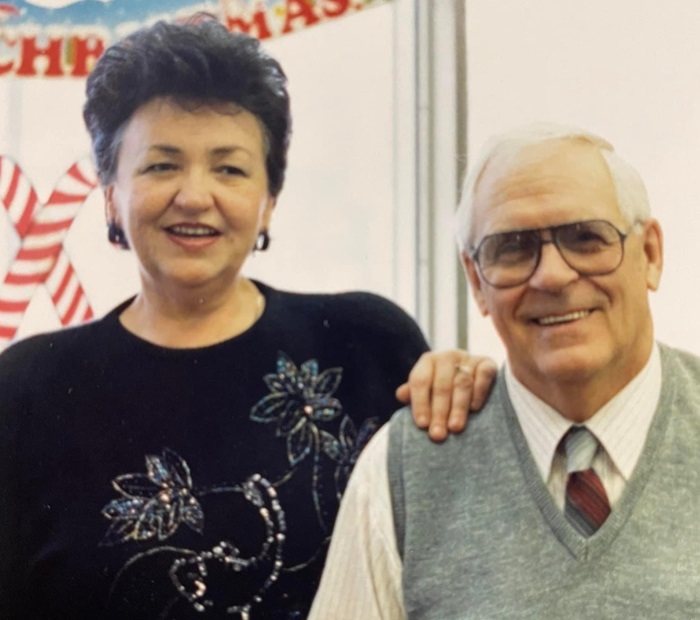
Norman was born on April 21, 1904 as the third oldest of seven siblings. Home was the family farm one mile west and one mile south of Niverville on Wallace Road. He lived there with his brother Eric, and both chose the life of bachelors. As I recall, he was an unassuming man who was gentle in demeanour and had a very thoughtful approach to life.
As I was preparing to write this tribute, I was reminded of my experiences with him as a young child. Oftentimes we had opportunities to do fundraising for the school and minor hockey. I can still recall wanting to get to 35 First Street North (where Norman lived in retirement) before anybody else, because the man who lived there was always generous. That stuck in my mind. As I researched some of the stories of his life, it became evident that his generosity benefitted the entire community.
In order for small communities on the cold prairies to thrive, it took men like Norman to give back more than they took. In going through our town’s history book, Niverville: A History, I realized that Norman was active in many spheres of community life.
For one, he was an active member for many years on the Niverville Community Club.
When the rafters needed to be constructed for the curling club, located at the northwest corner of Second Avenue and Second Street South, Norman and Eric built the jig for the rafters. Volunteers showed up to participate in a community work bee.
When Niverville needed to pool capital to attract some medical services in the early 1960s, Norman was a founding director and financial contributor to a group called the Niverville Promoters Society. The building that presently houses Niakwa Pizza was built by this organization, and it initially included a doctor’s office. Subsequently, they were able to secure Canada Post as a tenant. The Promotors Society also purchased and held land for future seniors housing.
Norman served for many years on the Chamber of Commerce. Aside from being a director, he was variously President and Vice-President, and he spent two terms as treasurer.
In 1949, local businessman Hyman Bronstone and Henry L. Friesen called a meeting with the intention of starting a local credit union. The organizational meeting was held on March 21 of that year and Norman was a charter member. He was elected as a part of the first board and went on to serve as its second president for 25 years, from 1950 to 1975.
After various stops and starts, the history book itself finally came into being as Norman funded the costs of publishing it personally. Not only did he provide the money, according to the book’s collaborator, Fred Kaita, he spent years and many hours obtaining detailed data and information from the Provincial Archives and Land Titles Office.
Norman retired from the farm in 1964. He and Eric purchased land in Niverville and then proceeded to do something they both loved: building houses. They lived in Niverville until 1973, at which time they purchased a home in St. Vital. Norman spent the remainder of his life there.
While living in Winnipeg, Norman made what is prob-ably his most significant investment in Niverville.
He determined to invest a considerable sum of money to begin the Niverville Health Foundation, possibly because he had been saddened that there was no seniors housing in place for him to move into after his retirement. Since the time of the Foundation’s inception, that seed money has generated hundreds of thousands of dollars to benefit the community.
Today if you go to the Niverville Heritage Centre, you will find the Norman Wittick Memorial Gardens. It was dedicated in his honour. May his memory live on in the hearts of succeeding generations. May we all live with the awareness that the greatest thing we can offer our community is the willingness to serve for the benefit of others.



















